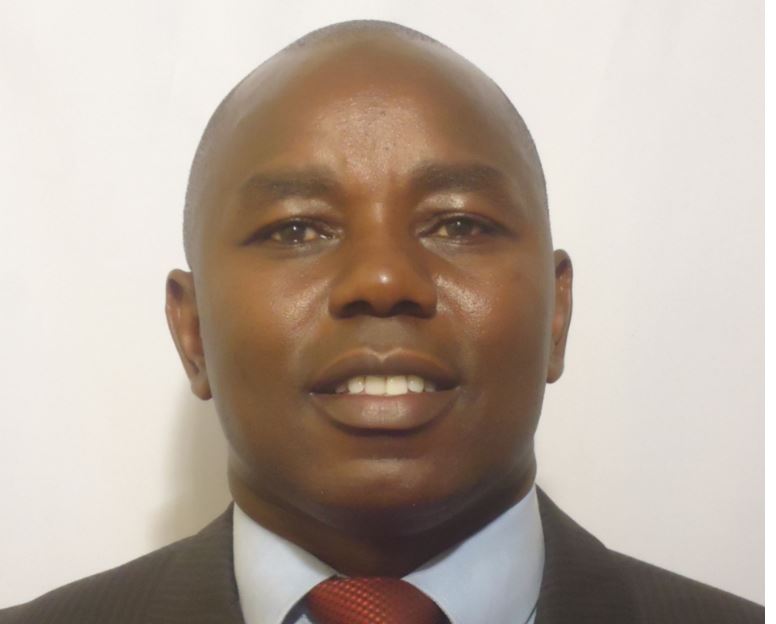
Four years after penning the Ngor Commitments, the fifth edition of AfricaSan Conference is taking place in Cape Town, South Africa, between February 18th and 22nd, to fast-track momentum to improve sanitation and hygiene services within the continent.
At AfricaSan 4, the African Ministers’ Council on Water (AMCOW), on which Kenya sits, developed the Ngor Commitments which obligate African governments to work towards achieving universal access to sustainable sanitation, hygiene services and to eliminate open defecation by 2030.